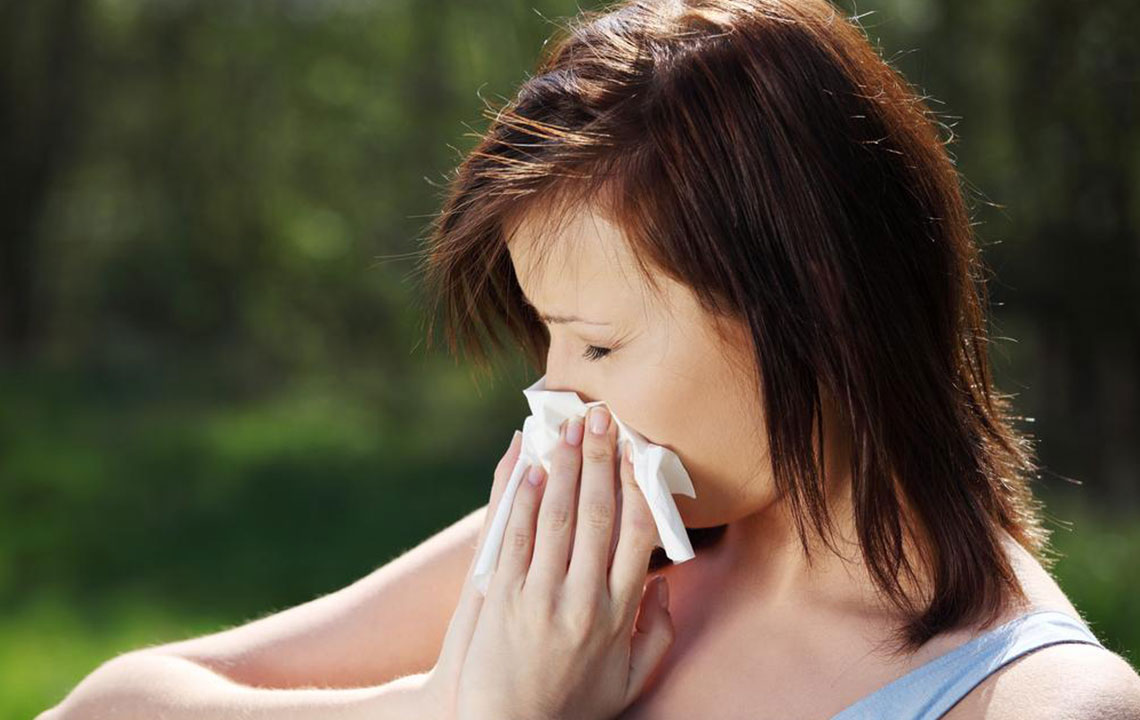Use These Remedies to Avoid or Control the Symptoms of Mold Allergy
Mold and mildew are types of fungi. The “seeds” called spores spread through the air. This usually happens in dry and windy weather; however, they also spread in fog or dew due to high humidity. A mold allergy is an overreaction due to breathing in mold spores. A person allergic to mold spores experiences itching and cough in eyes. In some people, mold allergy can be caused due to asthma. When people suffering from asthma are exposed to mold spores, they experience restricted breathing and other airway symptoms. This happens when the spores reach the lungs through the nasal tract.

Like symptoms of any other types of allergies, symptoms of mold allergy include sneezing, itching, runny nose, congested chest or a dry cough, and scaling of the skin.
Here are some ways through which you can reduce the symptoms of mold allergy:
- To control the symptoms of mold allergy, take steps to limit your exposure to the spores, both indoors and outdoors. Pay attention to outdoor spore levels when they are high. Spore levels are more likely to be high in places like greenhouse, farms, flower shops, construction sites, and antique shops.
Other than the above-mentioned measures, there are some natural remedies that will help in controlling the symptoms of mold allergy.
- Fermented foods contain mold that can worsen the symptoms of mold allergy. Fermented foods such as red wine release a chemical called histamine, which will constrict the blood vessels, resulting in increased allergy symptoms. Foods high in sugar promotes the growth of candida yeast which can interfere with the immune function.
- To control the symptoms of mold allergy, limit the amount of fermented foods in your diet. Avoid consuming mushrooms, yeast, and other fungi. Monitor your reaction to alcoholic beverages, black tea, and vinegar. If you experience similar symptoms, adjust your intake accordingly.
- Garlic contains a compound called ajoene that inhibits decelerates the growth of candida and aspergillus fungi. Some other herbs that have antifungal properties include oregano oil, tea tree oil, and pau d’arco. Natural symptoms such as vitamin C and selenium help in lessening the symptoms of mold allergy. It also helps in battling airborne allergies. Foods rich in vitamin C such as oranges, strawberries, apple, grapes etc., help in reducing inflammation. Eat two pieces of these fruits daily to avoid the symptoms of mold allergy all year round.
- Red grape skin is loaded with antioxidant resveratrol, which can help in getting relief from mold allergy symptoms such as wheezing.
- A single ounce of a serving of nuts such as almonds, hazelnuts, and peanuts are a good source of vitamin E. A tablespoon of peanut butter can help in controlling the symptoms of mold allergy.
- Cold water fish such as mackerel, trout, herring, and sardines contain Omega-3 fatty acids. Two to three servings of cold water fish every week, year-round will help you keeping airborne allergies at bay.
- Drinking tea first thing in the morning with lemon and honey will stimulate cilia, which are tiny hair in the nose that sweeps out pollen dust out of the way.
- The over-the-counter supplements might help in controlling the symptoms of mold allergy but it might cause dangerous side effects. To avoid this, ask your doctor before opting for any nutritional supplements.

